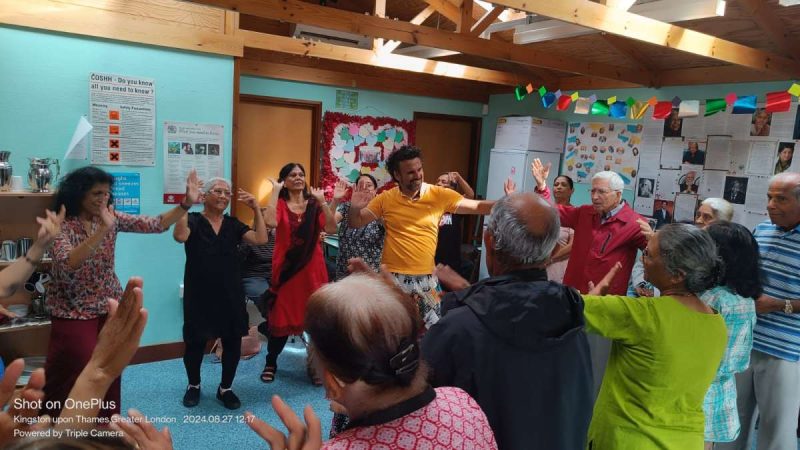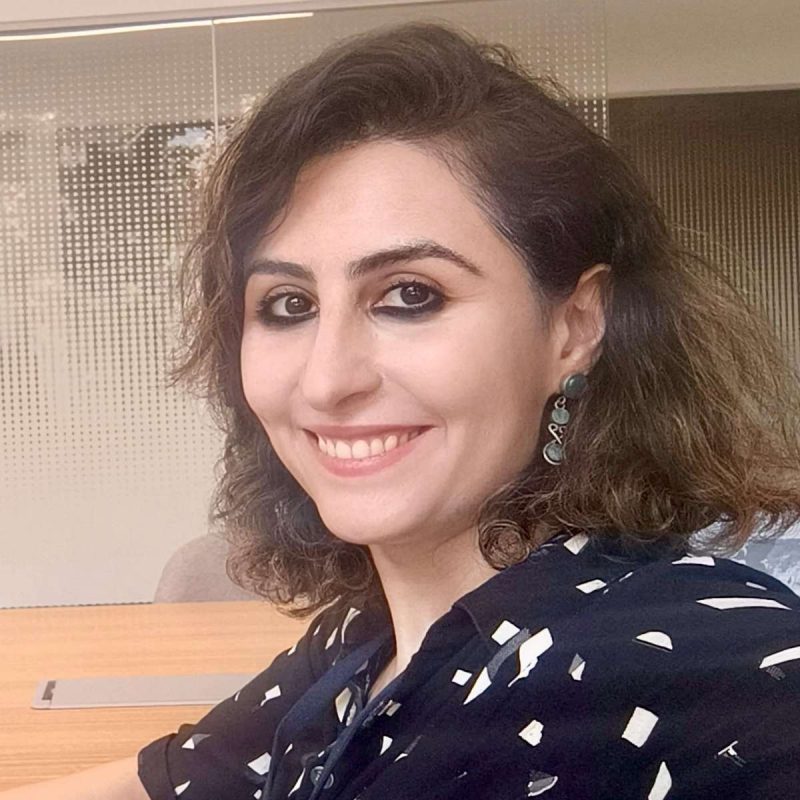Rare manuscripts at Jamia Nizamia in Hyderabad…reports Mohammed Shafeeq
 Tucked away in the dingy lanes of the old city of Hyderabad is a hoary institute of Islamic learning whose prized possessions include a Persian translation of the Mahabharata and rare Islamic manuscripts.
Tucked away in the dingy lanes of the old city of Hyderabad is a hoary institute of Islamic learning whose prized possessions include a Persian translation of the Mahabharata and rare Islamic manuscripts.
Located at Shibli Gunj, some three kilometres west of historic Charminar, the 144-year-old Islamic university still stands tall. Equated with Al Azhar University of Cairo for its standard of education, Jamia Nizamia has about 3,000 manuscripts including the over 400-year-old translation of the Mahabharata and books written by renowned Indian and Arabic Islamic scholars.
Translated by Abu’l-Fazal, one of the navratnas (nine jewels) of Mughal emperor Akbar’s royal court, the Mahabharta runs into 5,012 pages. It was in the personal collection of Moulana Mohammad Anwarullah Farooqui, the founder of Jamia, the biggest seminary in southern India.
“He felt a library should have all types of books and students should study other religions,” Shaikul Jamia or head of the university Mufti Khalil Ahmed told IANS.
 The Mahabharata is one of the two major Hindu epics. It is the longest known epic with about 1.8 million words in total. It is roughly 10 times the length of the “Iliad” and “Odyssey” combined.
The Mahabharata is one of the two major Hindu epics. It is the longest known epic with about 1.8 million words in total. It is roughly 10 times the length of the “Iliad” and “Odyssey” combined.
Scholars and students of comparative religion from different parts of India and various countries visit Jamia Nizami’s library to study the Persian translation of the Mahabharata and other rare manuscripts and books in Persian, Arabic and Urdu.
As Jamia has digitised several manuscripts, some scholars take CD versions, said Fasihuddin Nizami, the librarian. He said scholars from countries like China and Japan visited Jamia recently. The library also has a recent piece of Islamic calligraphy by a city-based artist, Anil Kumar Chauhan. He has written ‘Yaseen’, one of the chapters of the Holy Quran, and this work adorns a hall in the library.
“The library is the heart of Jamia and these manuscripts are the heart of the library,” said Fasihuddin, pointing towards the manuscripts including a 400-year-old copy of the Holy Quran, whose first two pages are gold-plated.
The oldest manuscript here is a copy of ‘Kitab-ul-Tabsera Fil Qiratil Ashara’ authored by renowned Islamic scholar Abu Mohammed Makki bin Talib. This 750-year-old book is about reading Quran with the art of ‘tajweed’.
“There are only two copies of this masterpiece in the world. The other is preserved at the Ottoman Library in Turkey,” said the librarian.
The Jamia library has more than 100,000 printed books written by renowned Islamic scholars covering various subjects related to the Quran and ‘Ahadith’ (sayings of Prophet Mohammed).
Moulana Anwarullah Farooqui, who was minister for religious affairs in Nizam’s government, used to spend part of his salary to collect manuscripts and books from around the world.
Jamia is celebrating the 100th death anniversary of its founder this week by organising a series of programmes to highlight his contributions in developing Hyderabad a global centre for Islamic studies.
His collection at Jamia Nizamia also includes ‘Kanz al-Ummal’ written by Indian Islamic scholar Sheikh Ali Muttaqi Burhanpuri. The founder of Jamia brought it in manuscript form from Madina in Saudi Arabia. He edited and published the book in Hyderabad.
A collection of 47,000 ‘Ahadith’ and comprising 22 volumes it is widely quoted by Arabic scholars.
‘Kitab al-Ruh’ by Arab scholar Ibn al-Qayyim is another rare manuscript in the collection. The book deals with Quranic verses and ‘Ahadith’ about ‘ruh’ or spirit.
It was first printed in 1900 by Dairatul Maarif, another institution co-founded by Moulana Anwarullah Farooqui in Hyderabad.
This unique institute was set up in 1888 for research and printing Arabic books written before 800 AD, said Mufti Khaleel.
“It was formed when the Arab world had no such institute. Hyderabad is still known in the Arab world for the research work done by the institute on manuscripts and the rare Arabic books printed by it,” he said.
Jamia Nizamia has 30,000 students at its 254 branches in Telangana, Andhra Pradesh, Karnataka and Maharashtra. With an annual budget of about Rs.4 crore, it provides free education with boarding and lodging facilities at some branches.
Since its inception, the institute never took any help from the government.
“Muslims support Jamia in the form of zakat and donations. We also get about Rs.1 crore from our leased properties in the city,” added Mufti Khaleel.









